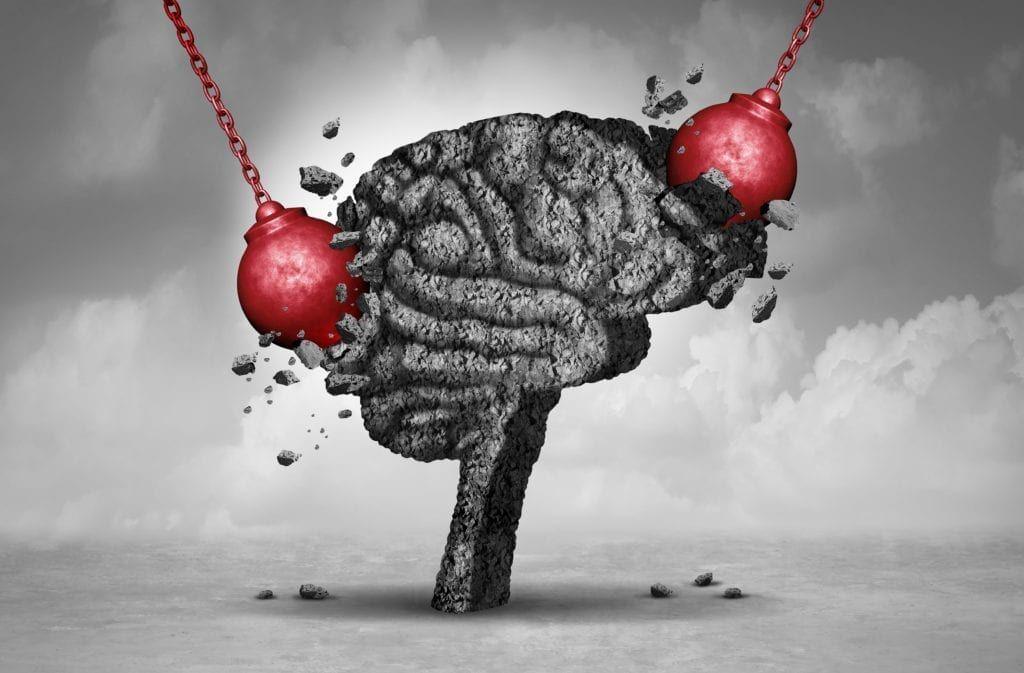Back surgery is often considered a last resort for severe spine and back issues, but not all surgeries yield the desired results. For some patients, surgery might not relieve pain or may even lead to new complications. In such cases, neuromodulation offers a promising alternative to help manage and alleviate persistent back pain. Dr Gautam Arora, a leading specialist in neurology and pain management, explains how neuromodulation can rescue patients experiencing unsuccessful outcomes from back surgery.
Understanding Failed Back Surgery Syndrome (FBSS)
Failed Back Surgery Syndrome (FBSS) refers to a condition where patients continue to experience pain or develop new symptoms after undergoing spine surgery. This syndrome can result from various factors, including:
- Inadequate Decompression: The surgery may not fully address the underlying cause of pain.
- Scar Tissue Formation: Scar tissue can develop around nerves, causing persistent pain.
- Adjacent Segment Disease: New issues may arise in the spinal segments adjacent to the operated area.
- Surgical Complications: Unforeseen complications or infections can contribute to ongoing discomfort.
FBSS can be frustrating and debilitating, but neuromodulation techniques offer hope for improved outcomes.
What is Neuromodulation?
Neuromodulation is a field of medicine focused on altering nerve activity through targeted interventions. These techniques can modify the way the nervous system processes pain signals, offering relief when traditional treatments fail. Two primary neuromodulation therapies relevant to FBSS are:
1. Spinal Cord Stimulation (SCS)
Spinal Cord Stimulation involves implanting a device that delivers electrical impulses to the spinal cord. These impulses interfere with the nerve signals responsible for pain perception.
- How It Works: The device is implanted under the skin, with electrodes placed near the spinal cord. These electrodes generate electrical pulses that modify pain signals before they reach the brain.
- Benefits: SCS can significantly reduce pain, improve function, and enhance the overall quality of life. It is particularly useful for patients with radicular pain (pain radiating along a nerve pathway).
- Considerations: The effectiveness of SCS can vary among patients. A trial period is usually conducted to determine if the device provides sufficient relief before permanent implantation.
2. Peripheral Nerve Stimulation (PNS)
Peripheral Nerve Stimulation targets specific peripheral nerves that may be contributing to pain. This technique involves implanting a small device near the affected nerve to deliver electrical impulses.
- How It Works: A small pulse generator is implanted near a peripheral nerve, emitting electrical pulses that help reduce pain signals sent to the brain.
- Benefits: PNS is beneficial for localized pain and can be less invasive than SCS. It is effective for conditions like post-surgical pain and complex regional pain syndrome (CRPS).
- Considerations: Like SCS, PNS requires careful placement and monitoring. It is often considered when other pain management strategies have not been successful.
Why Neuromodulation for Failed Back Surgery?
Neuromodulation can be a viable solution for FBSS for several reasons:
1. Targeted Pain Relief
Neuromodulation therapies target specific areas of pain, offering more precise relief compared to generalized pain medications or injections.
2. Minimally Invasive
Both SCS and PNS are minimally invasive procedures with lower risks compared to additional surgeries. They can often be performed on an outpatient basis with shorter recovery times.
3. Adjustable and Reversible
Neuromodulation devices can be adjusted to optimize pain relief and can be reversed if necessary. This flexibility allows for personalized treatment and adjustments based on the patient’s response.
4. Reduced Reliance on Medications
By addressing the underlying pain mechanisms, neuromodulation can reduce the need for long-term opioid use and other pain medications, minimizing their associated risks and side effects.
Patient Success Stories
Ravi’s Experience with Spinal Cord Stimulation
Ravi, a 60-year-old engineer, underwent back surgery for a herniated disc but continued to experience severe pain. "After the surgery, my pain was still unbearable," Ravi recalls. "Dr. Arora suggested a trial of spinal cord stimulation. The trial was successful, so I proceeded with the permanent implant. The relief has been incredible. I can now walk and engage in activities I thought I’d never do again."
Anita’s Journey with Peripheral Nerve Stimulation
Anita, a 50-year-old teacher, developed chronic pain in her lower back following surgery. "I was sceptical about PNS at first, but Dr Arora explained how it could target my specific pain points. The results have been amazing. My pain levels have decreased significantly, and I’m able to enjoy life without constant discomfort."
Conclusion
Failed back surgery syndrome can be a challenging condition, but neuromodulation techniques offer a promising solution for those who have not found relief through conventional methods. Dr. Gautam Arora’s expertise in neuromodulation provides patients with innovative options to manage and alleviate chronic pain effectively. If you’re struggling with persistent pain following back surgery, consider consulting with a specialist to explore whether neuromodulation could be the right path to recovery and improved quality of life.

